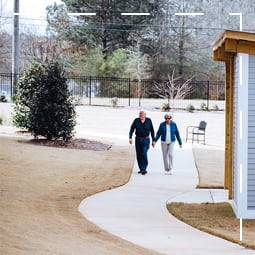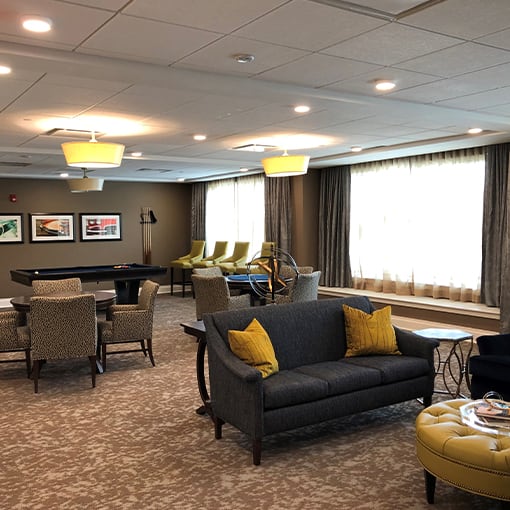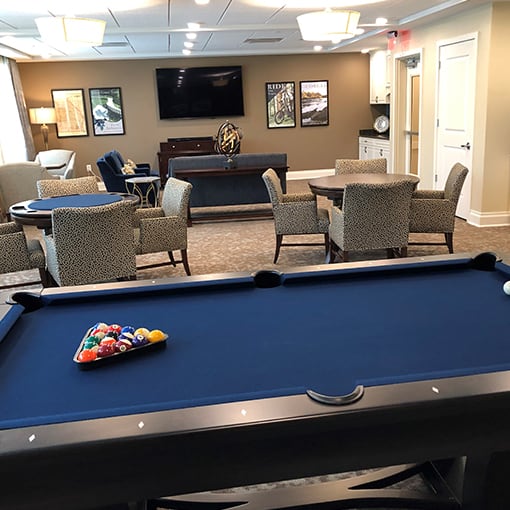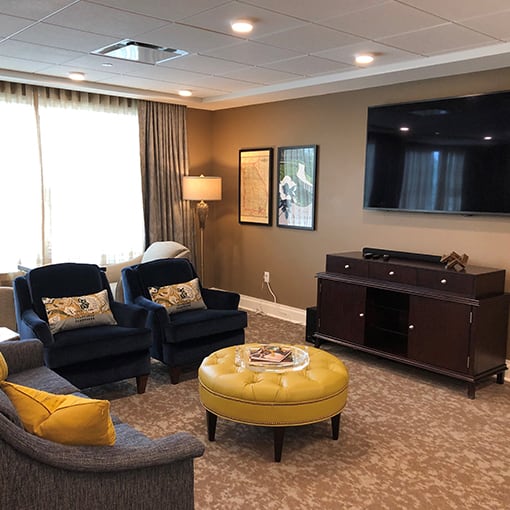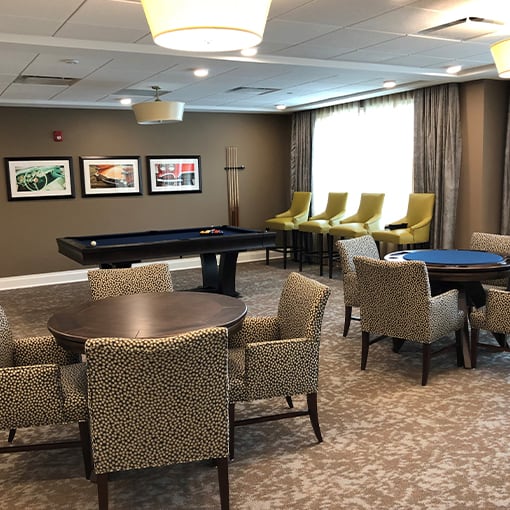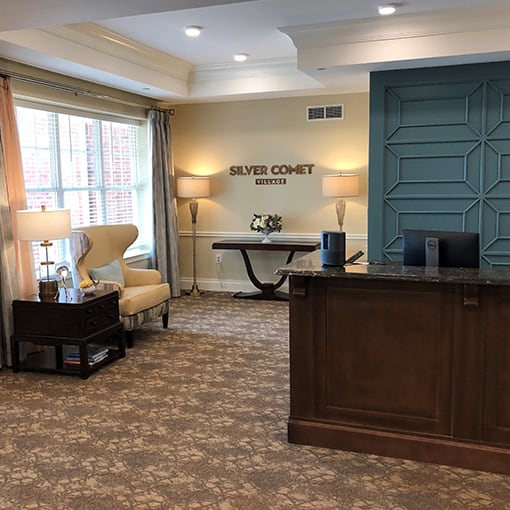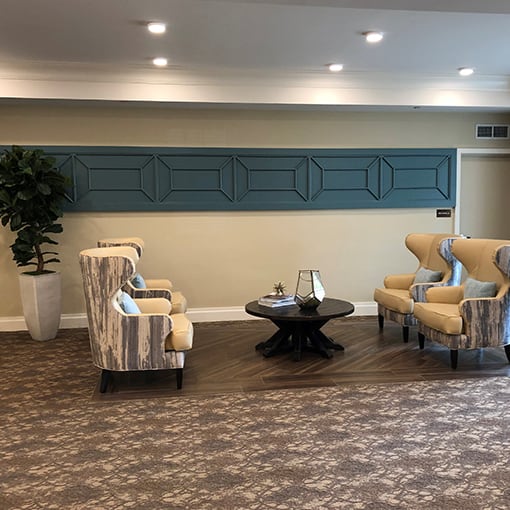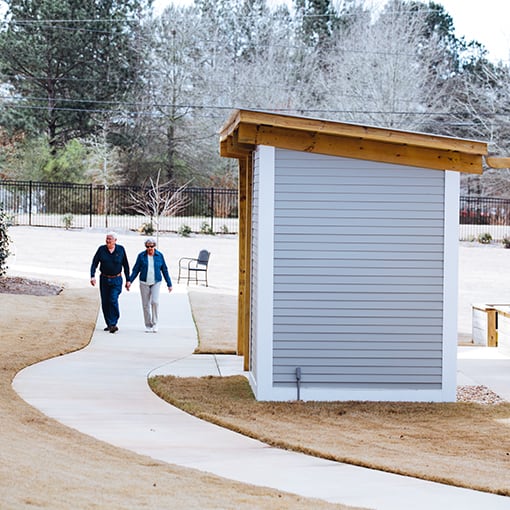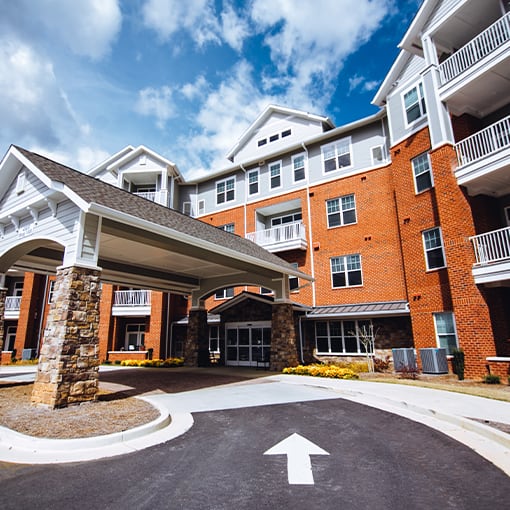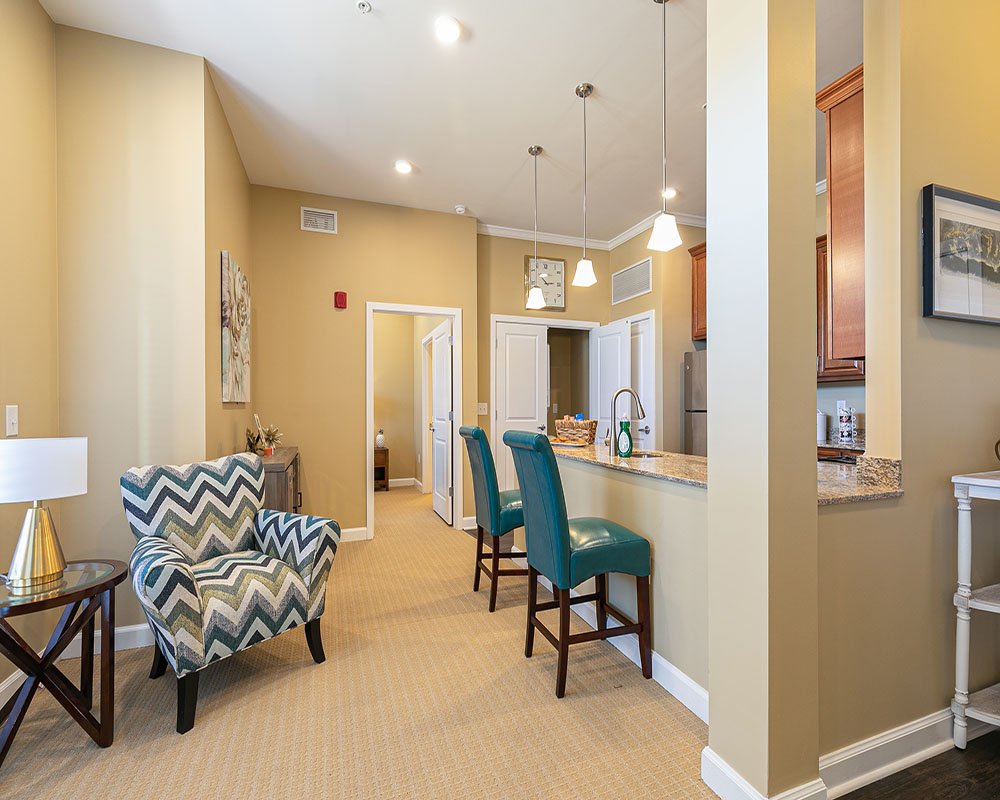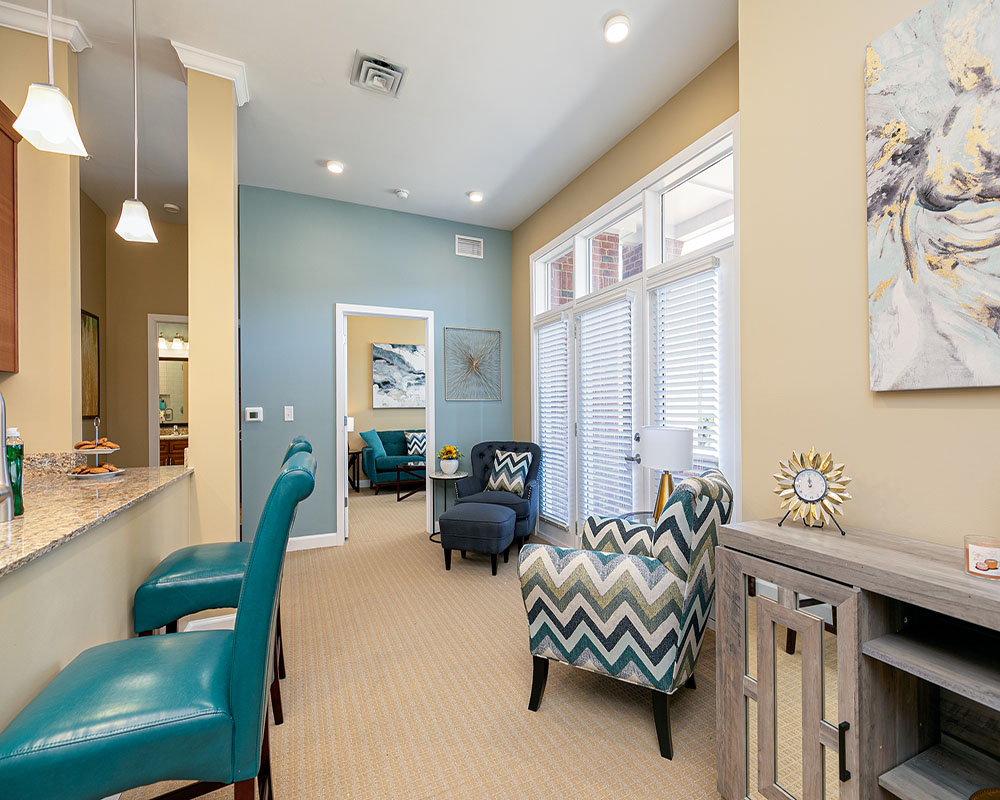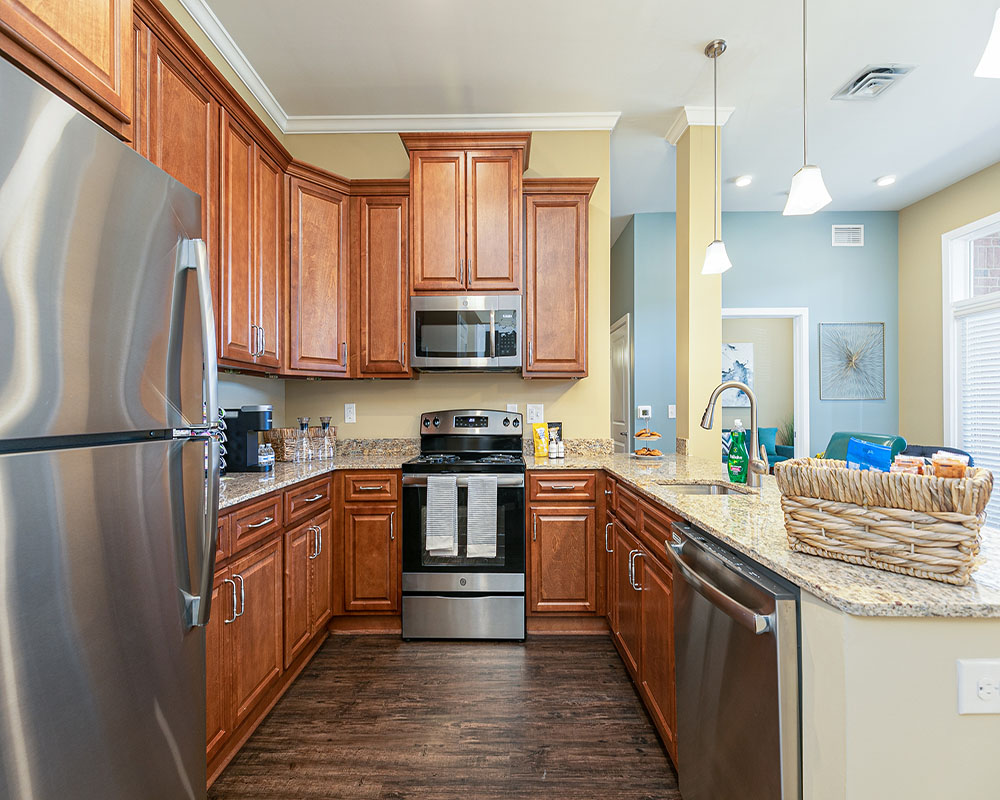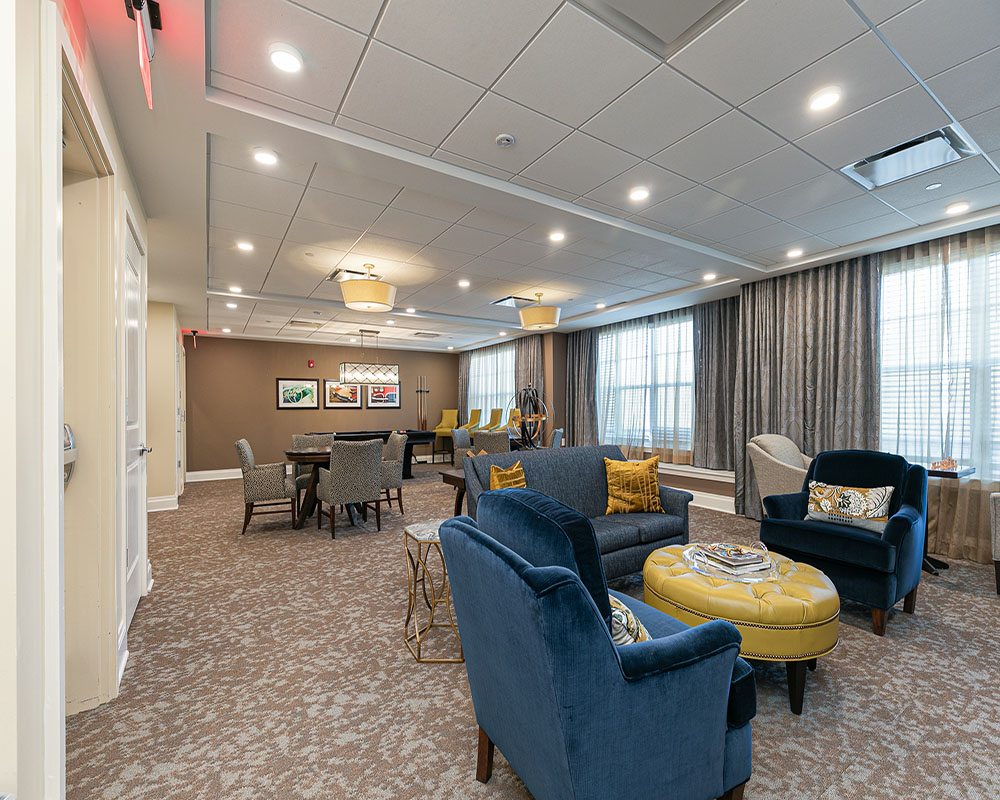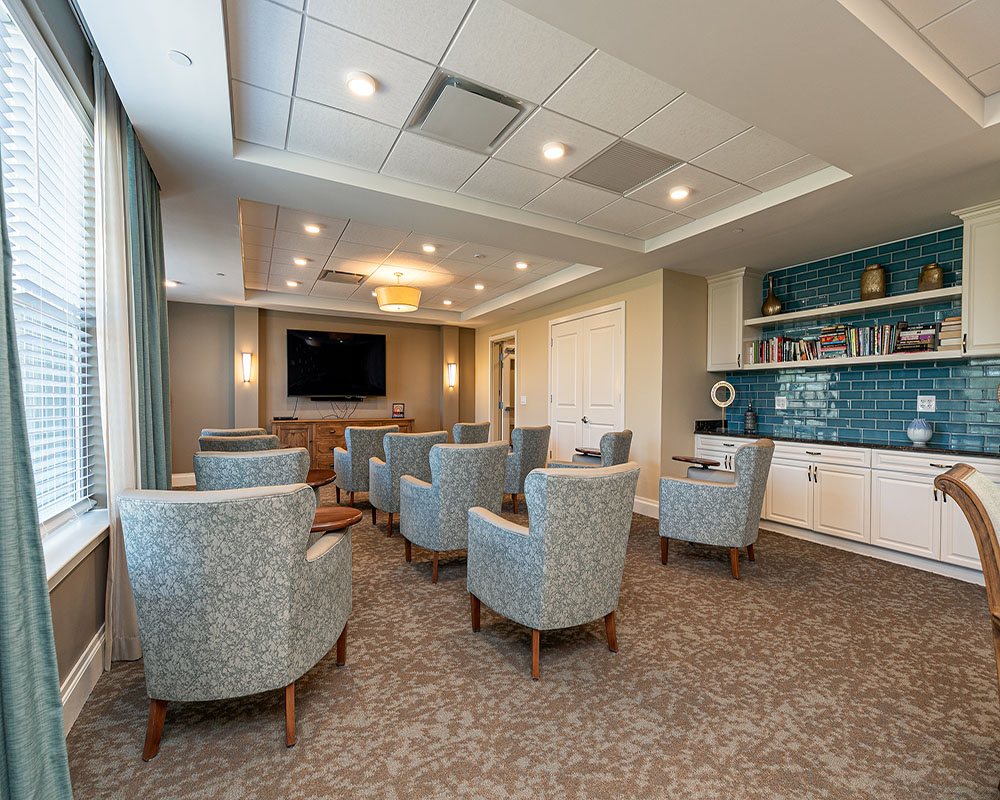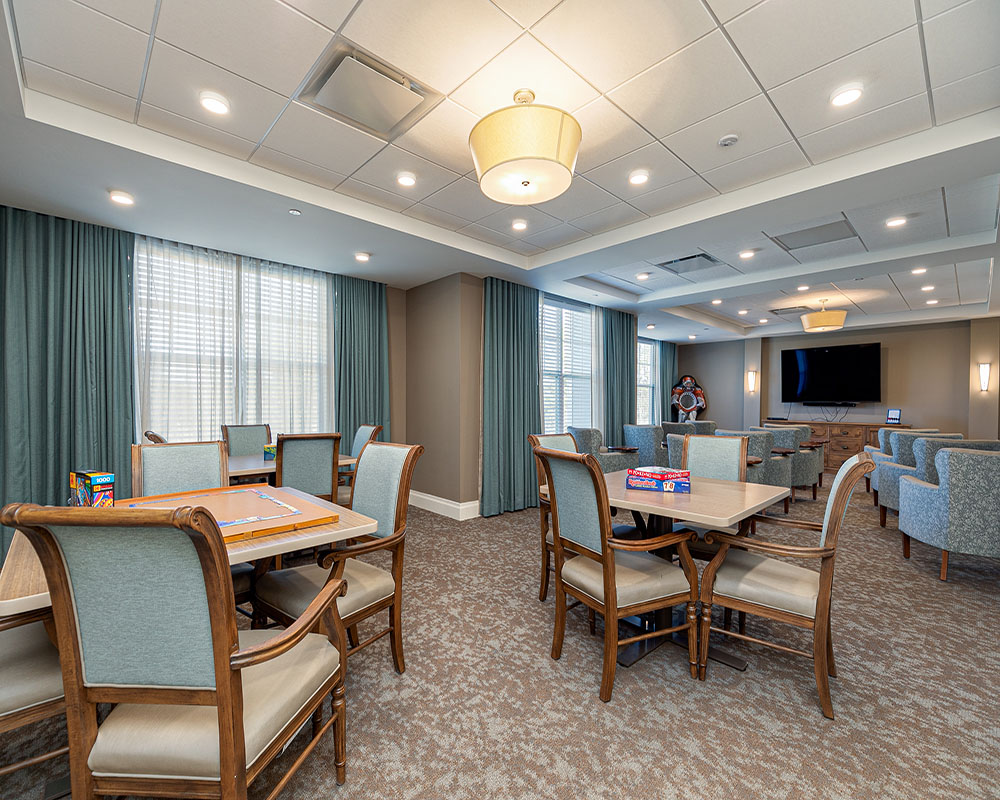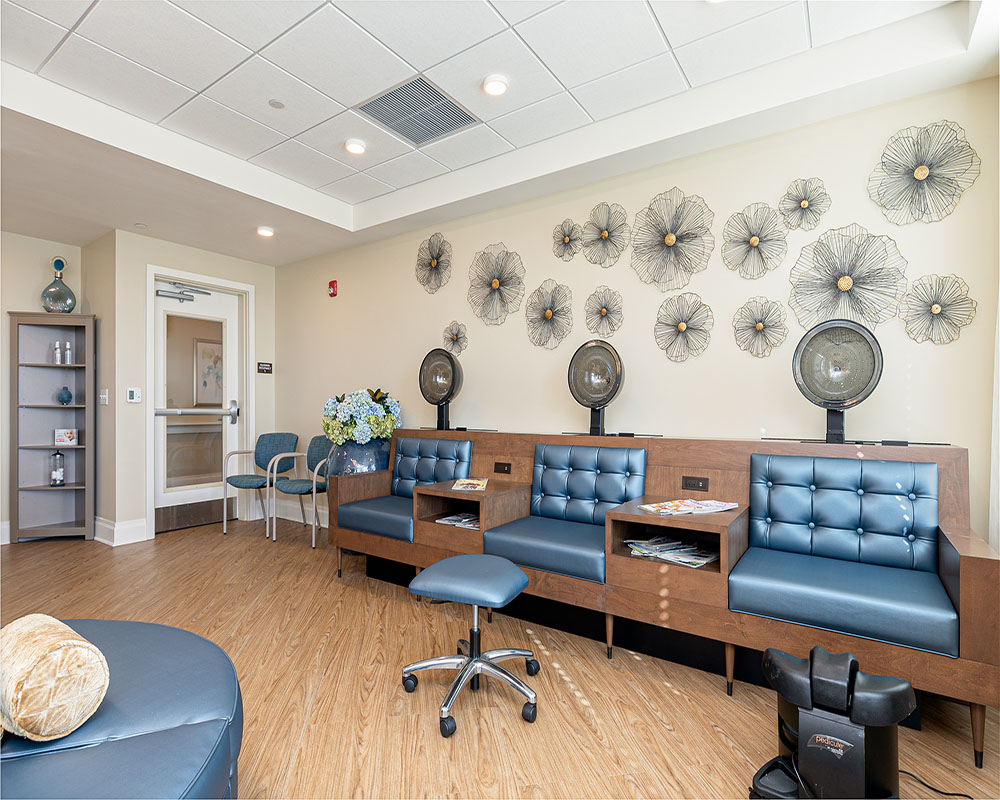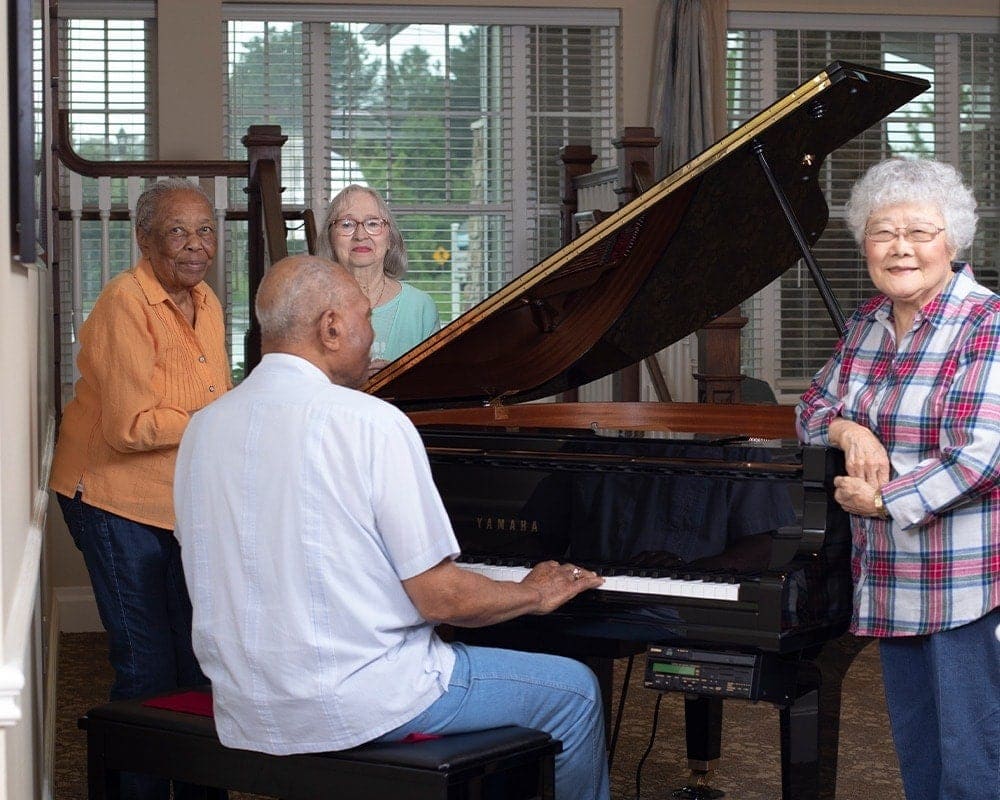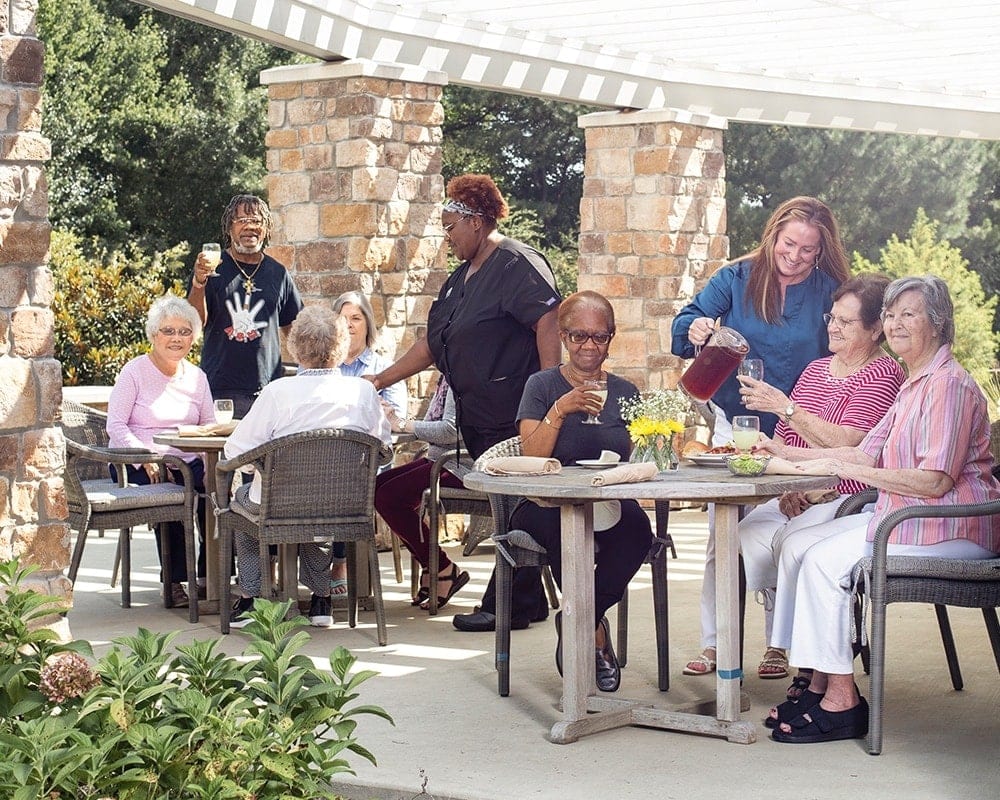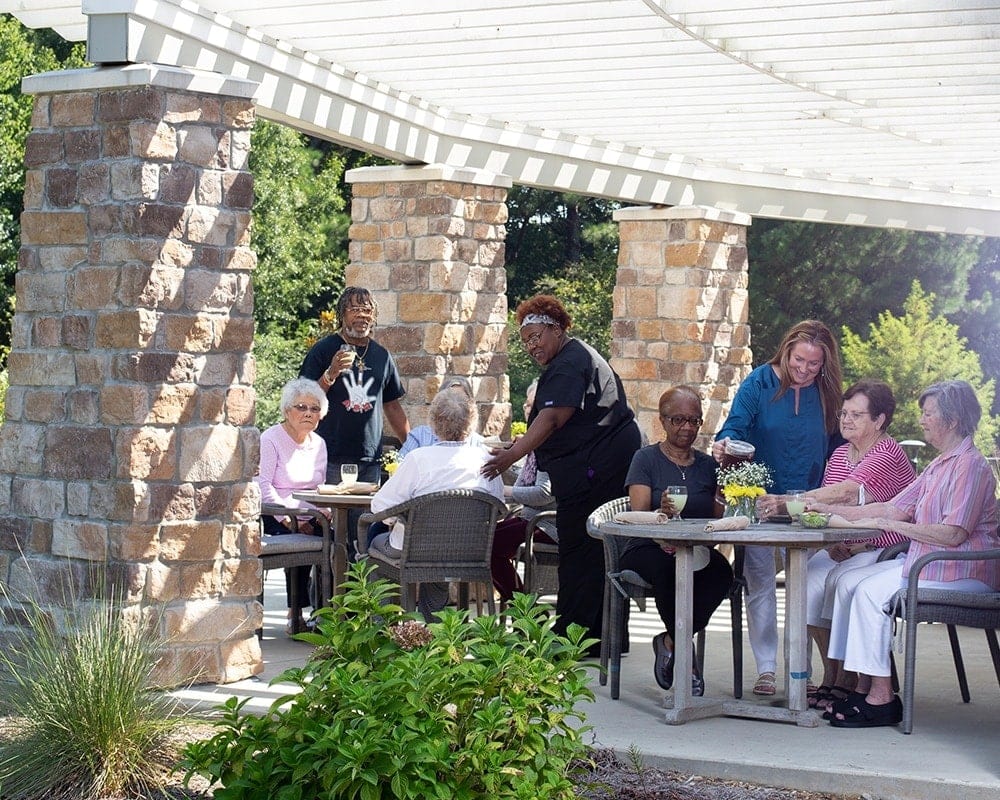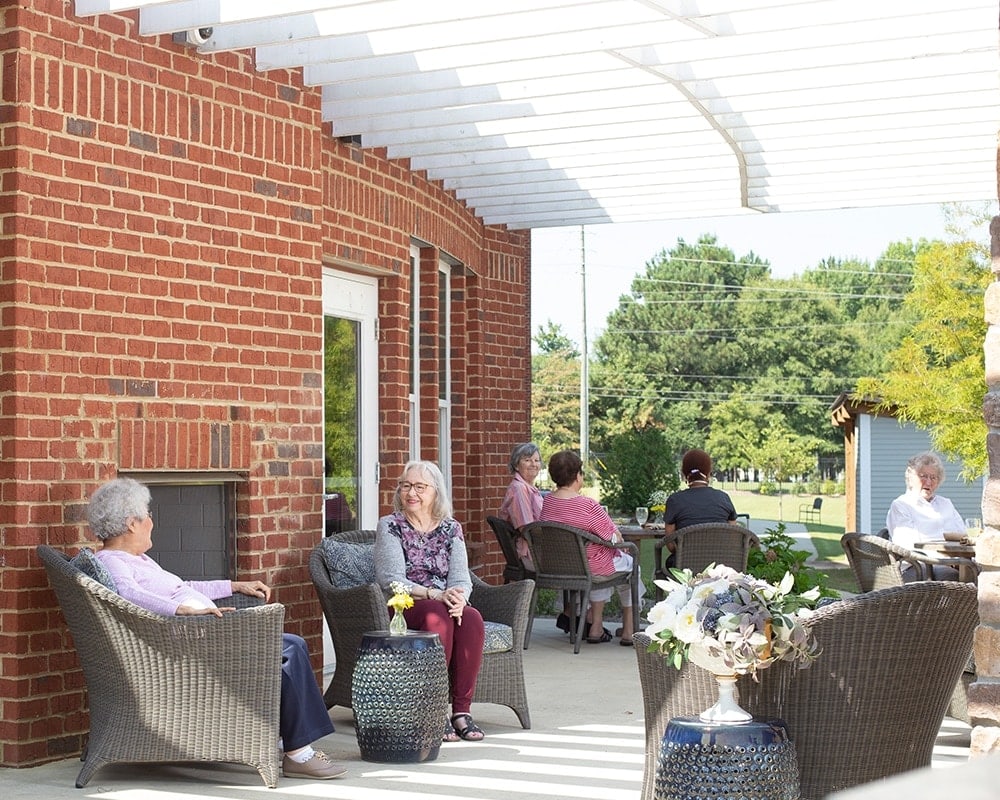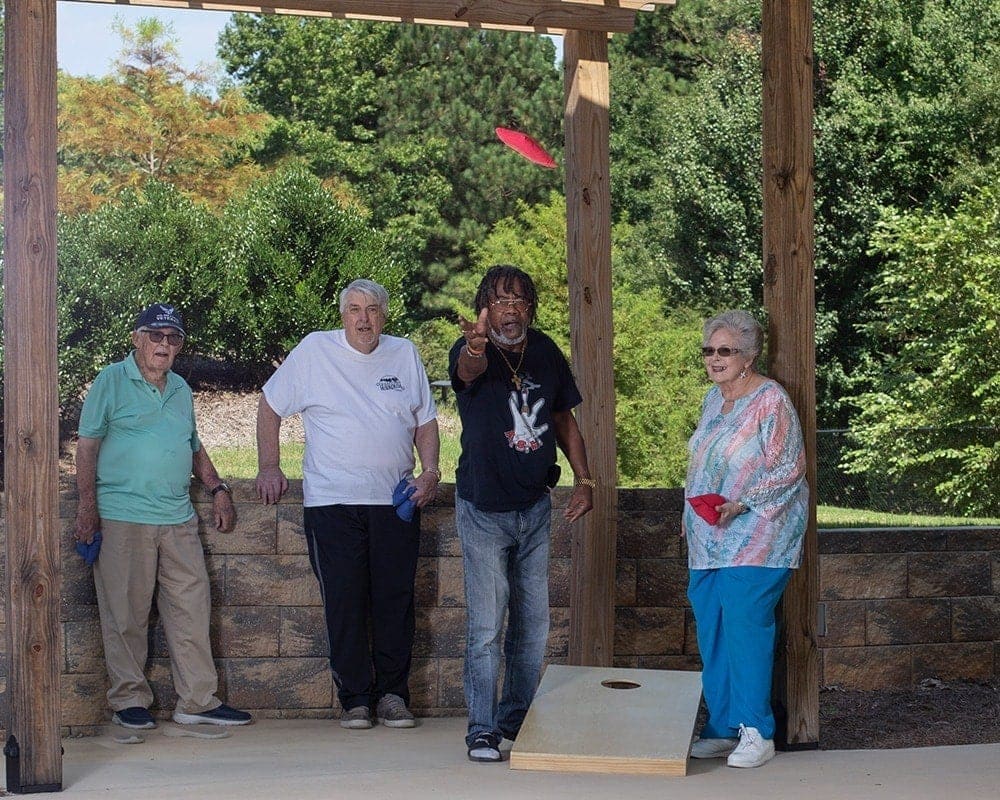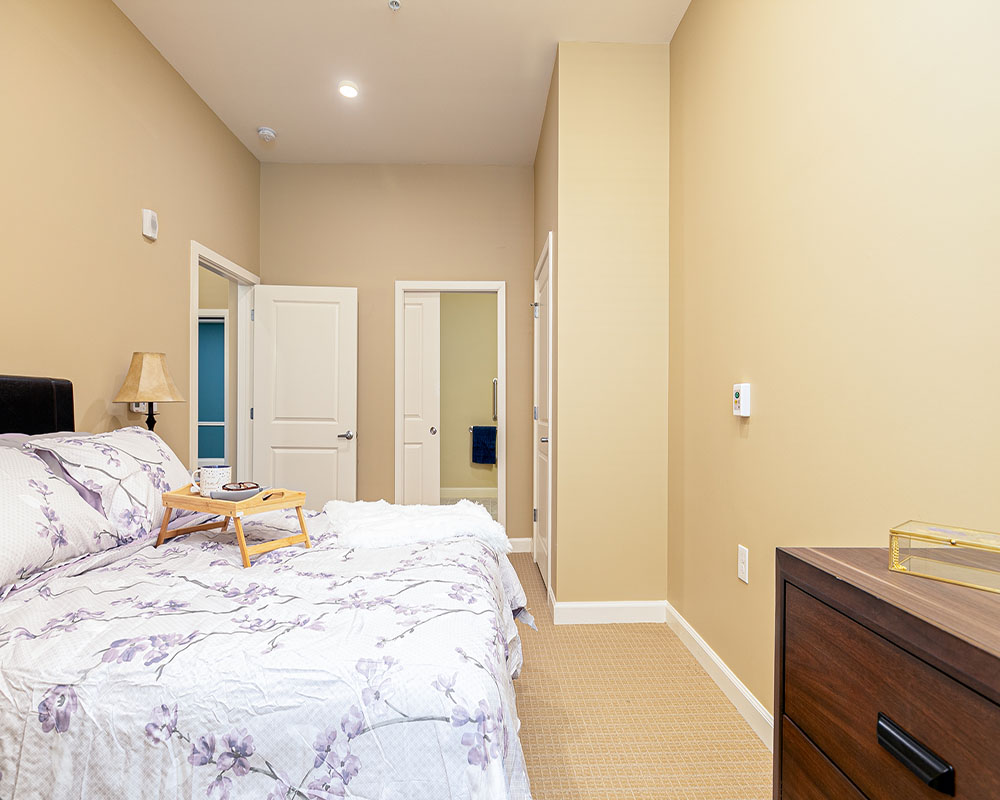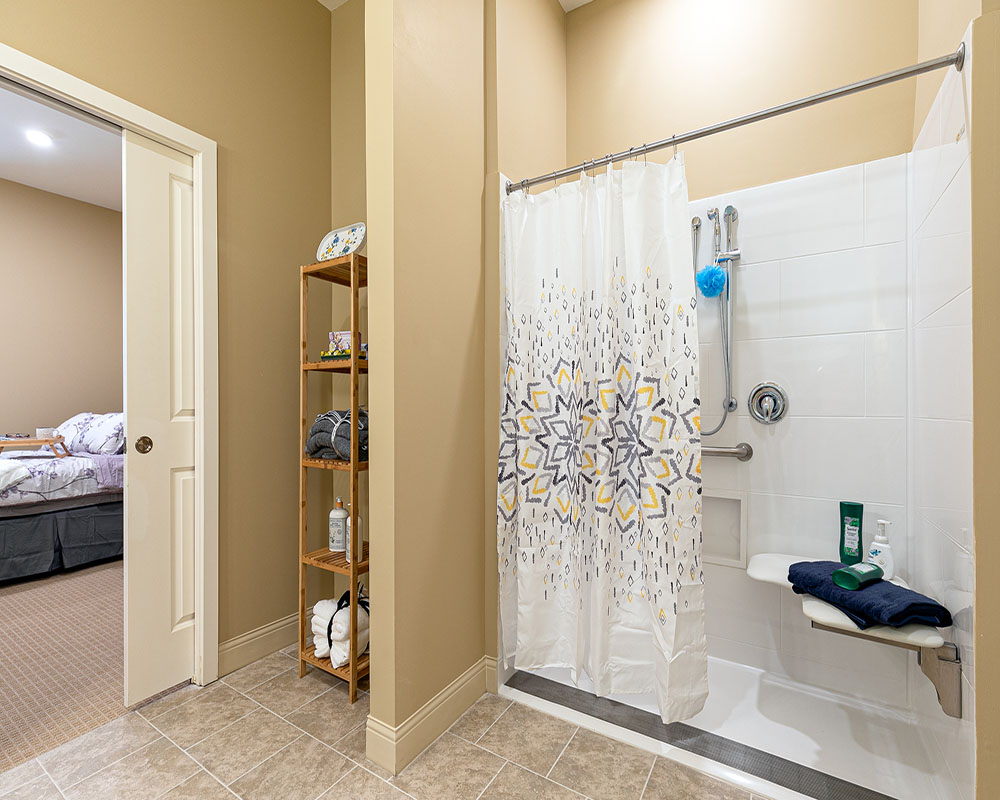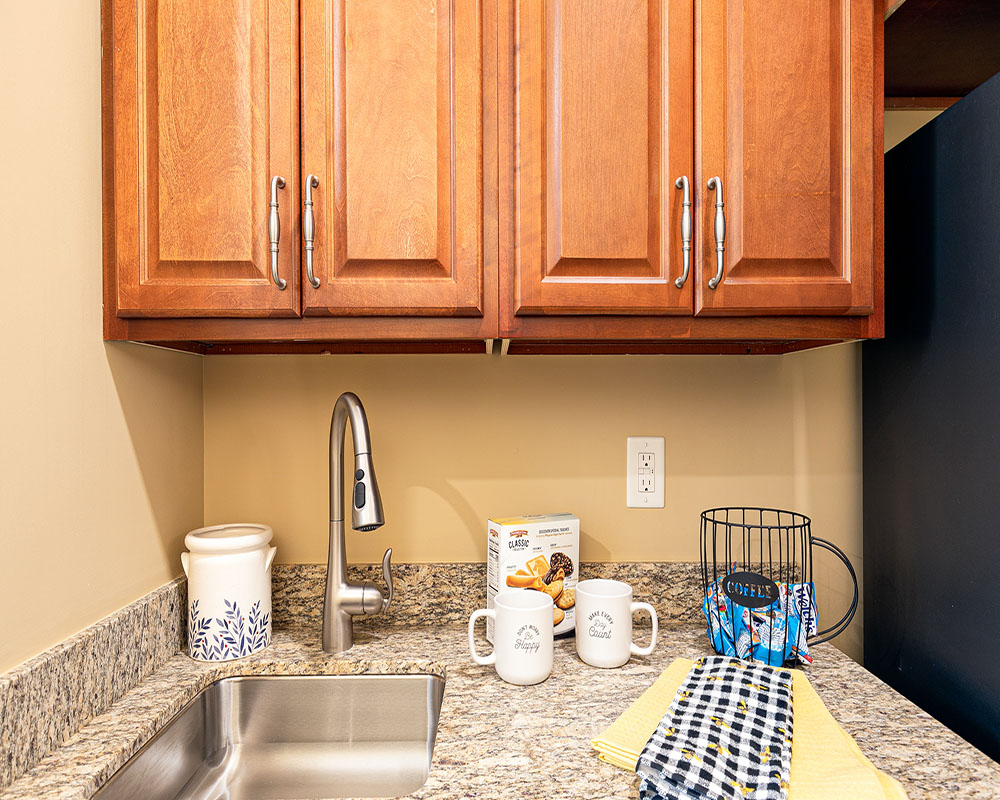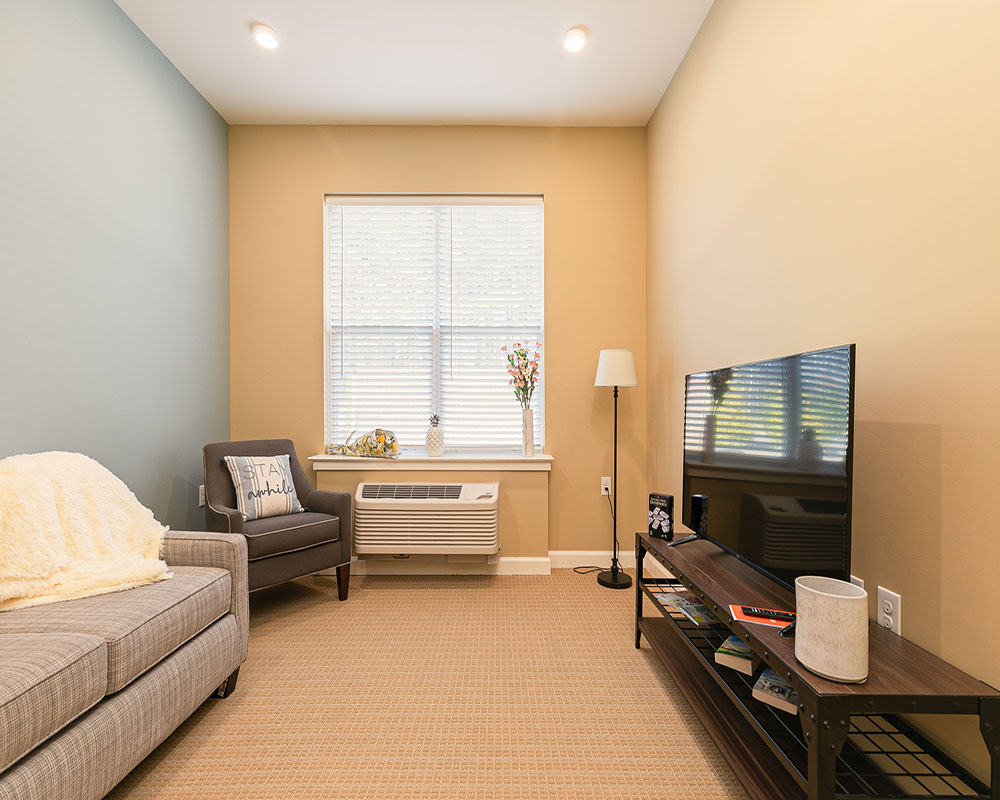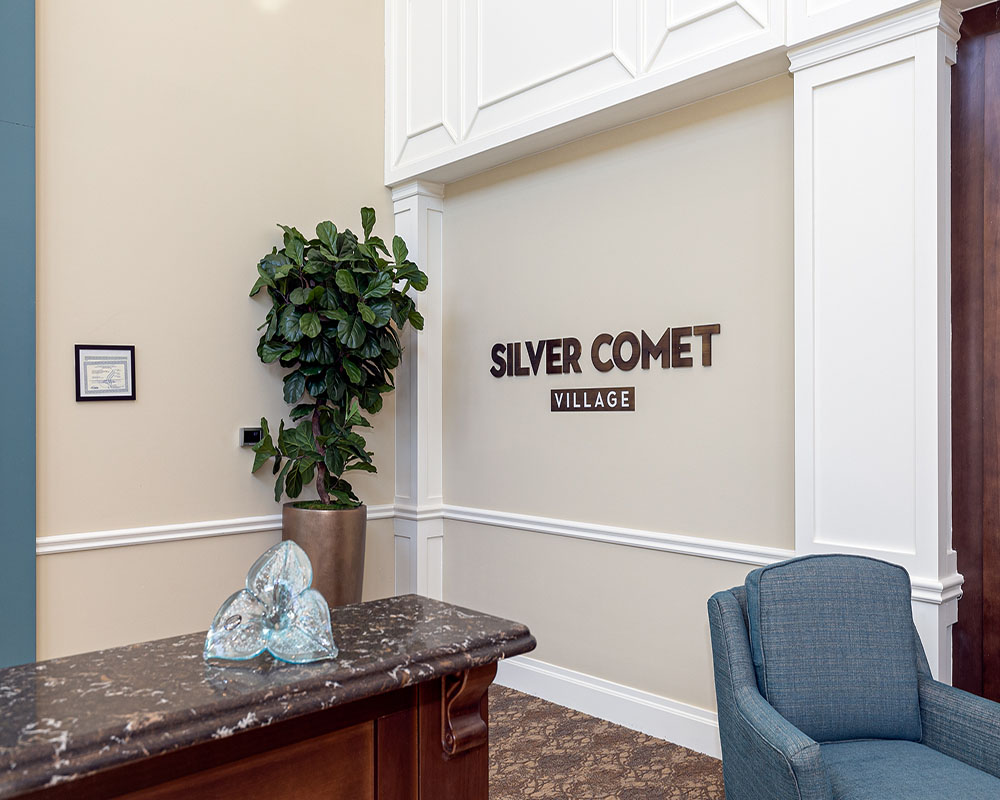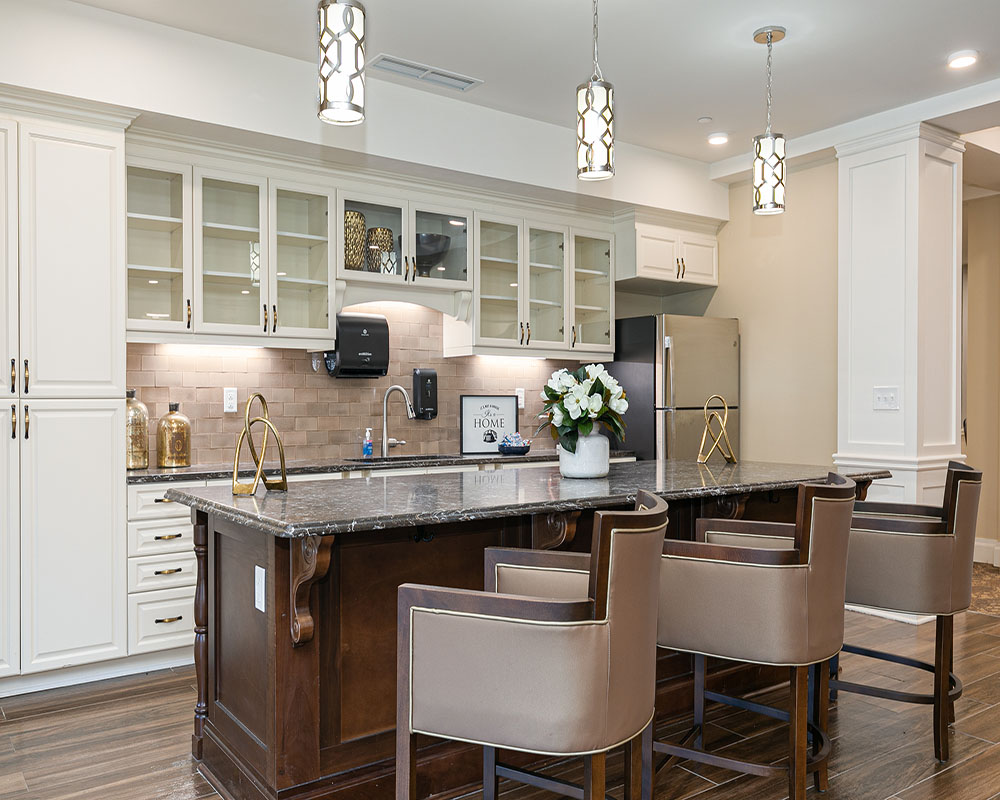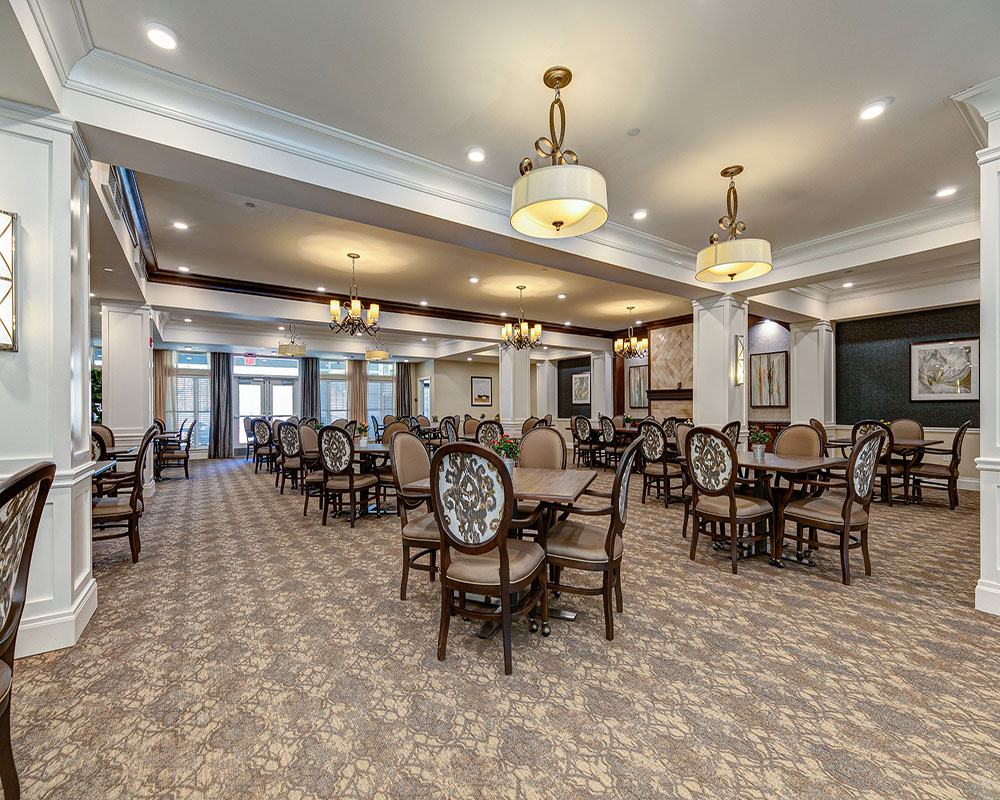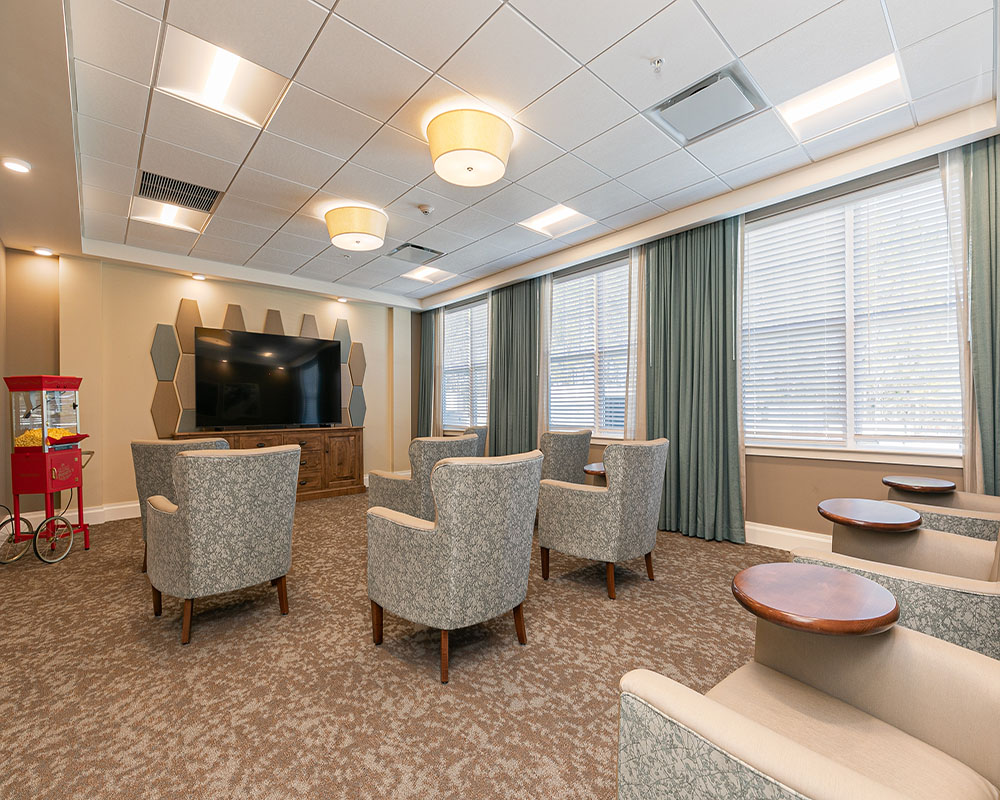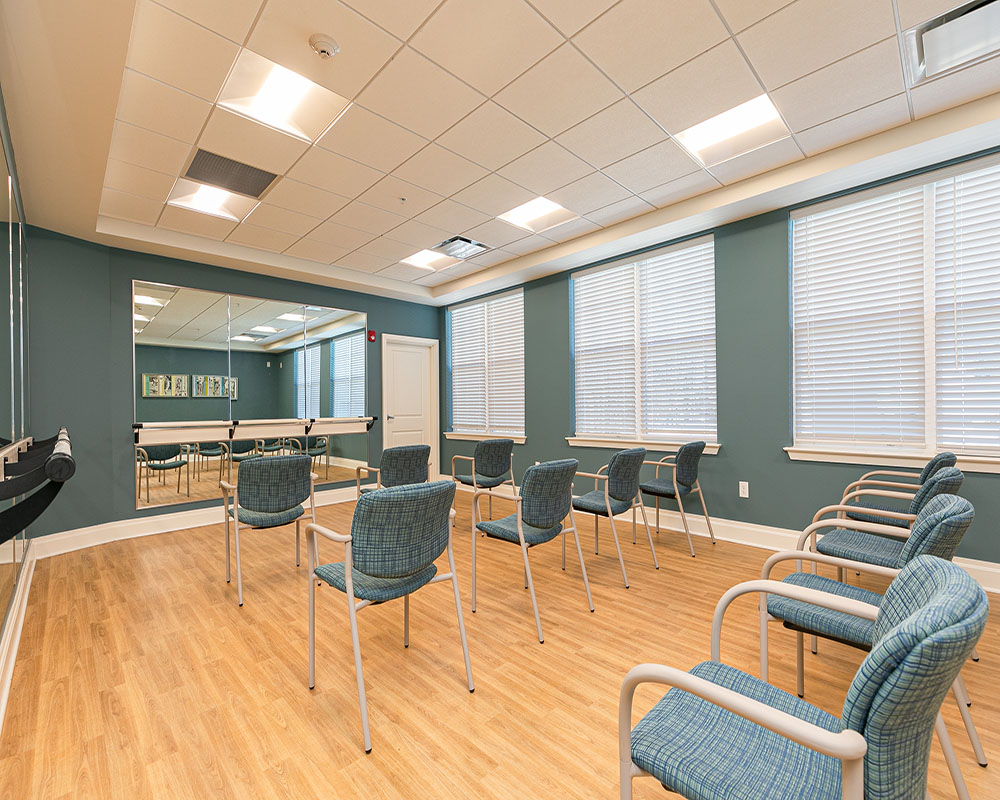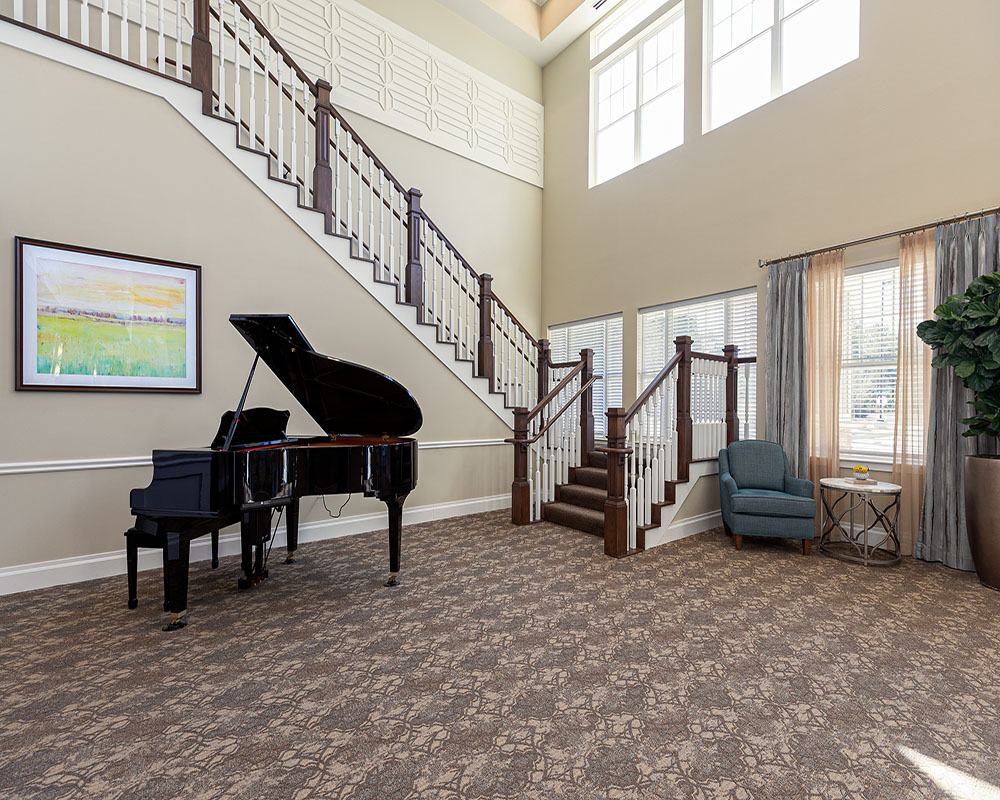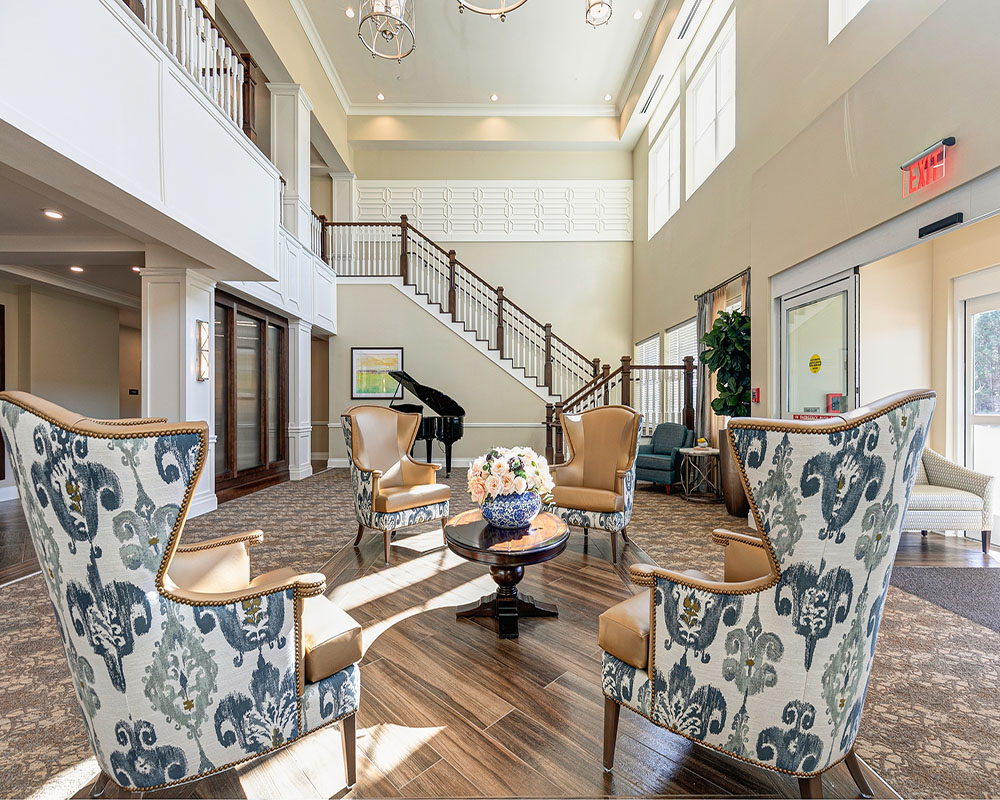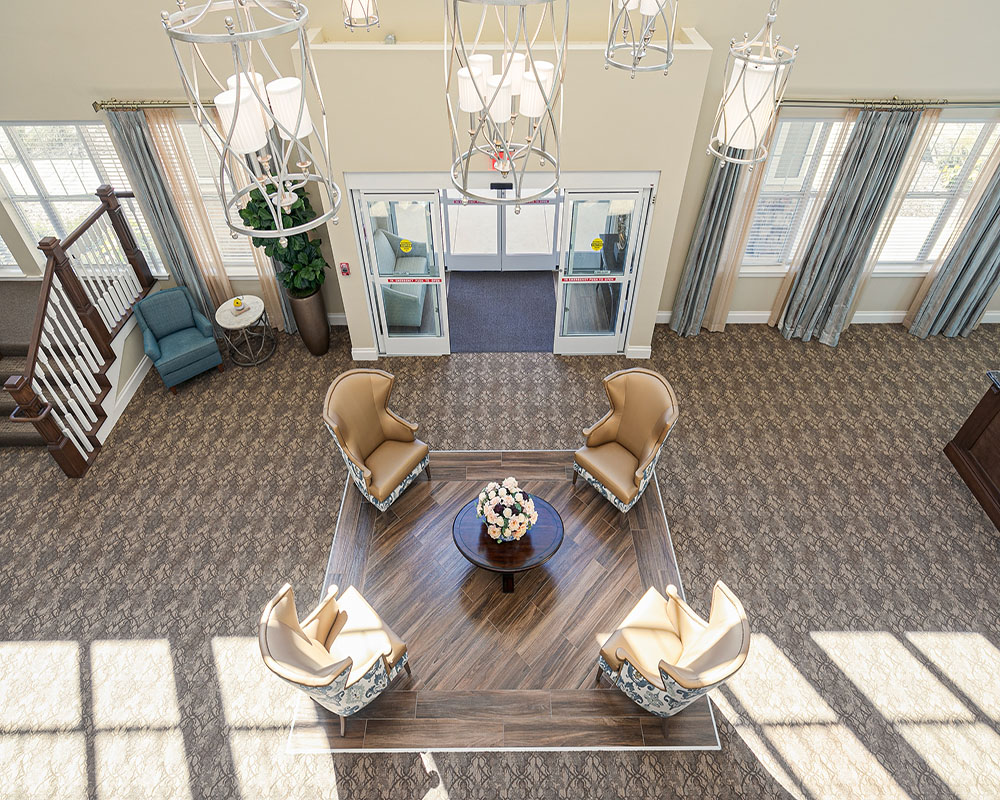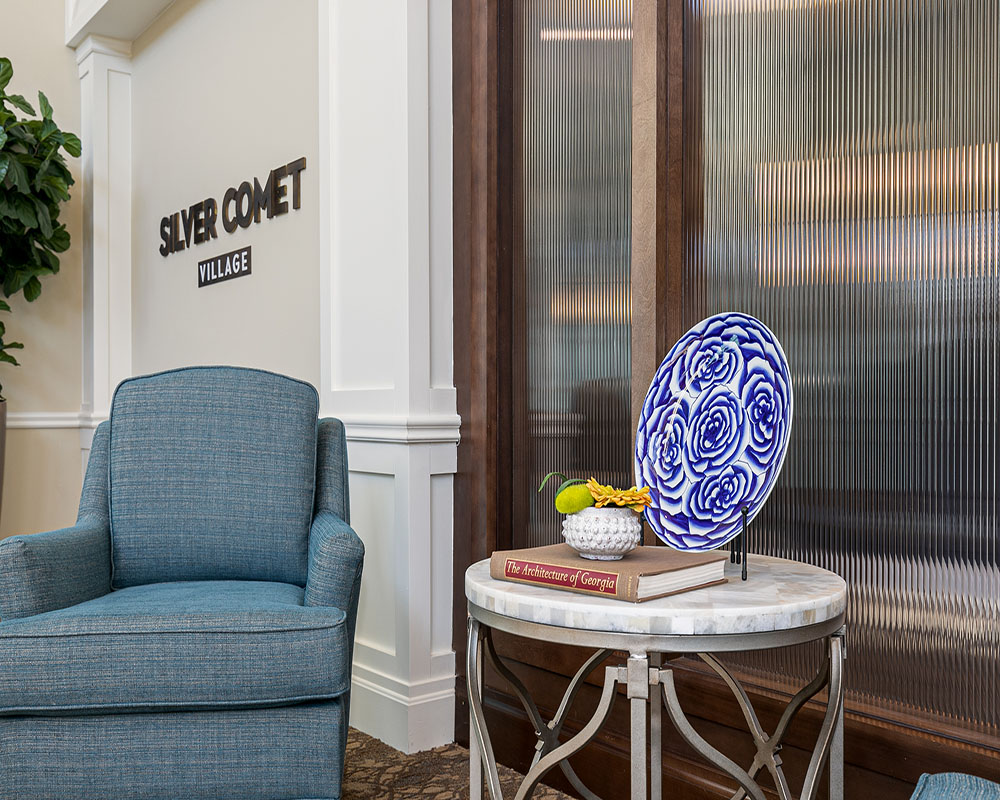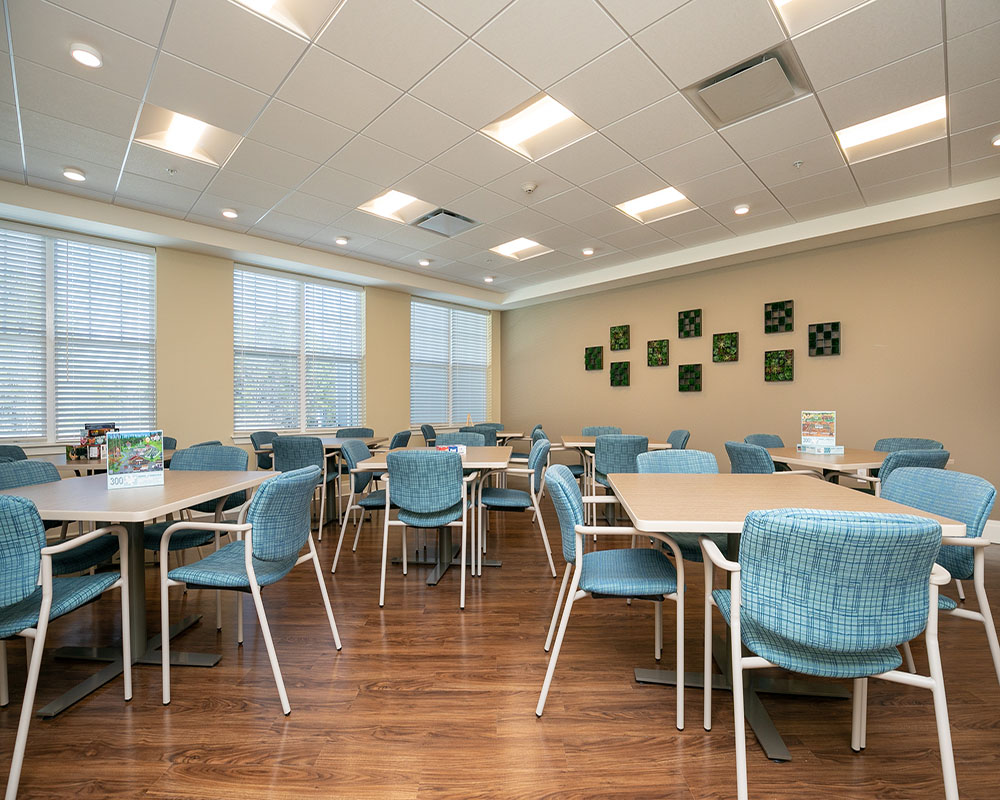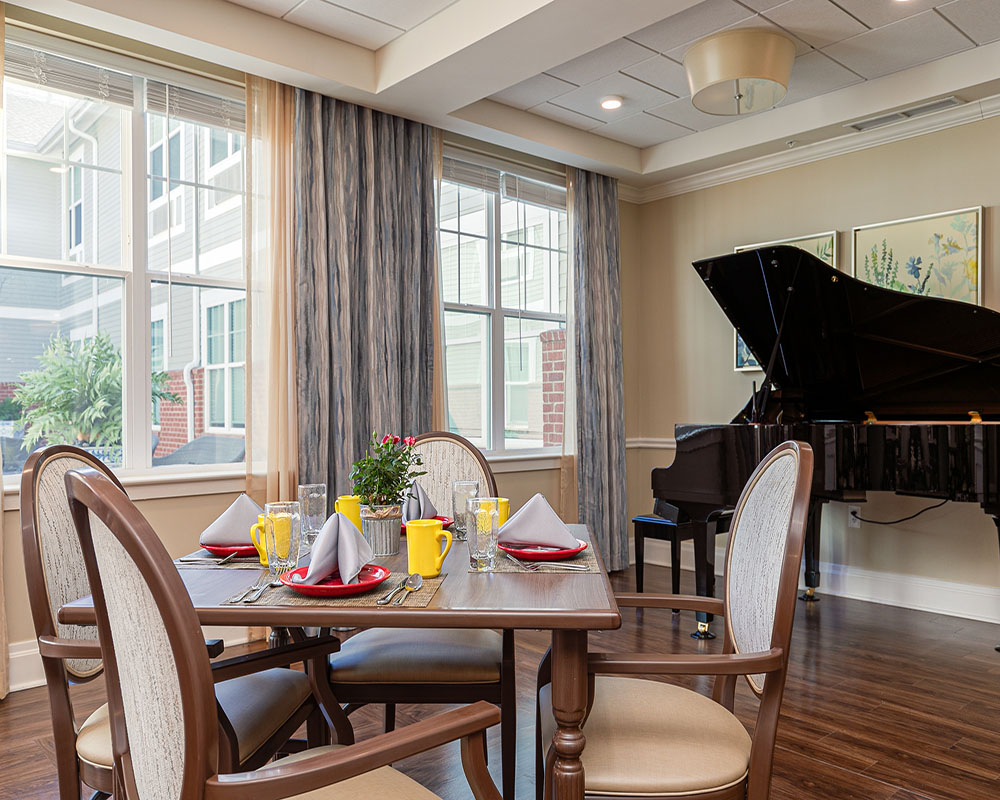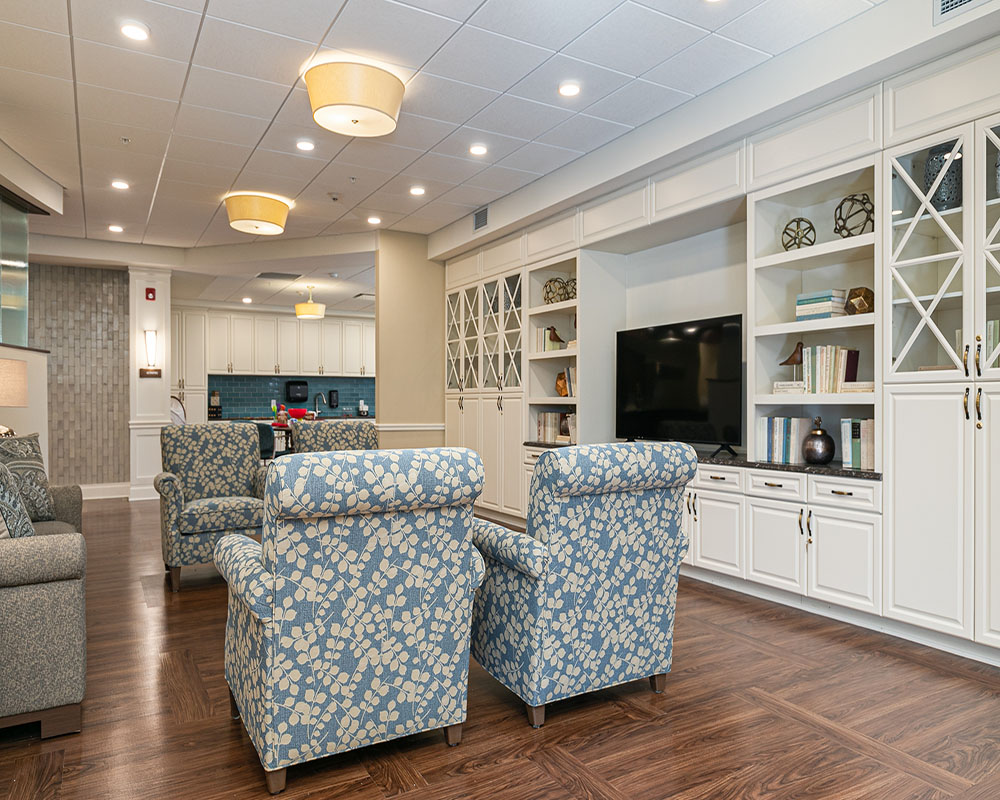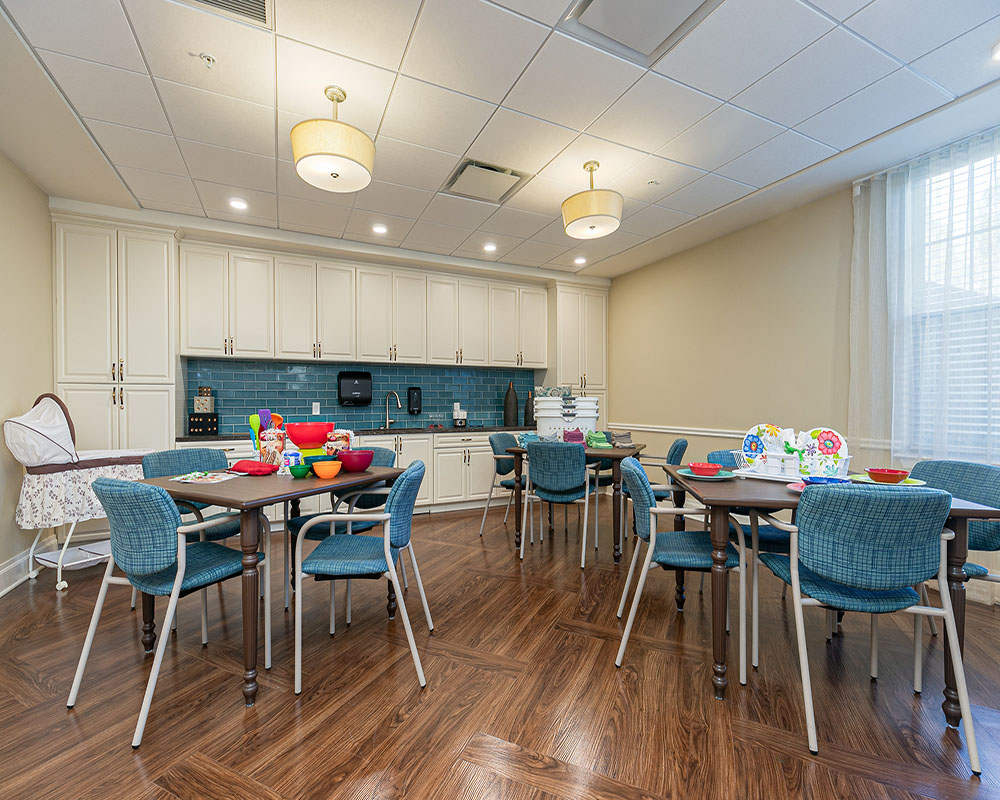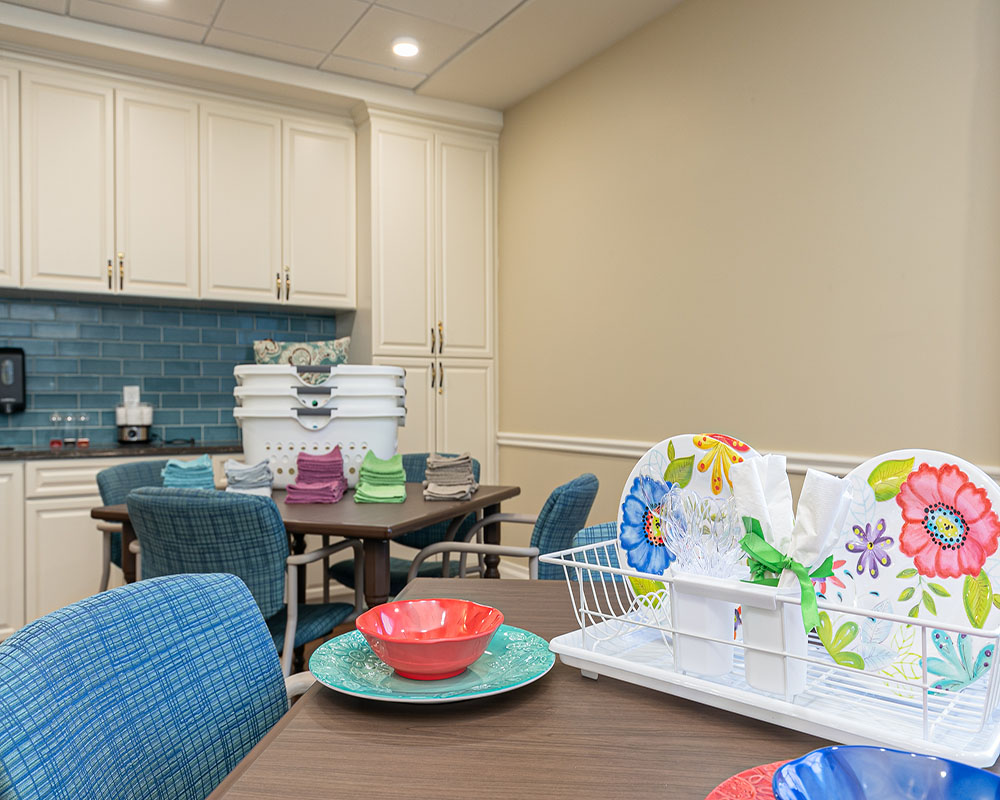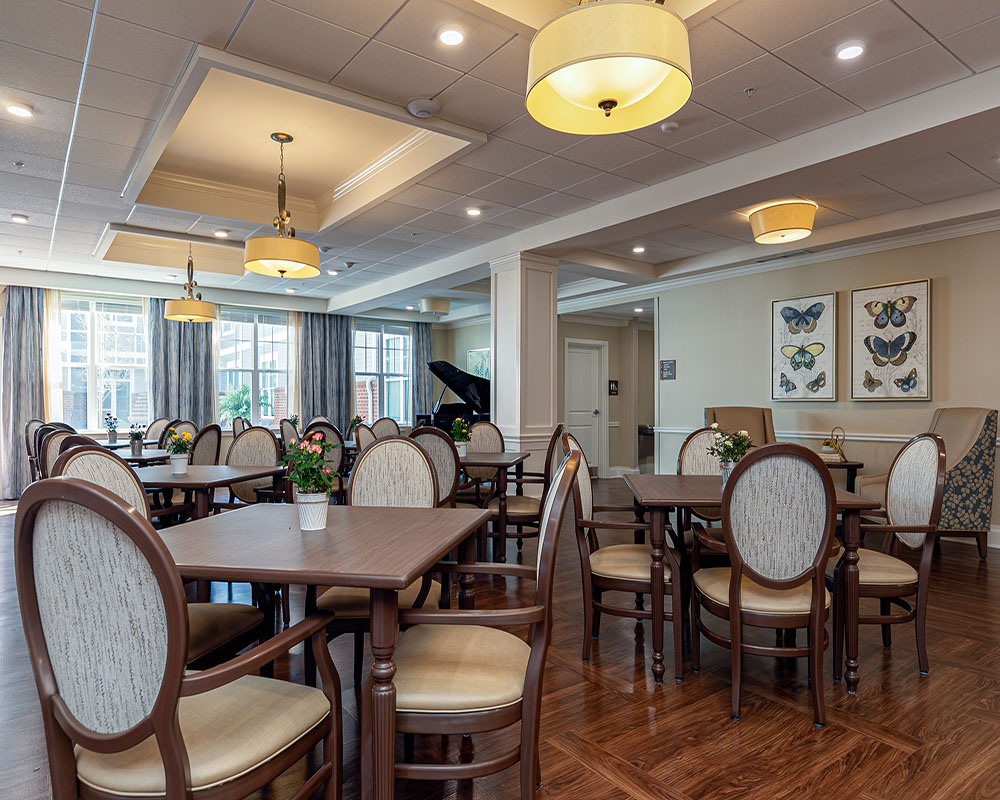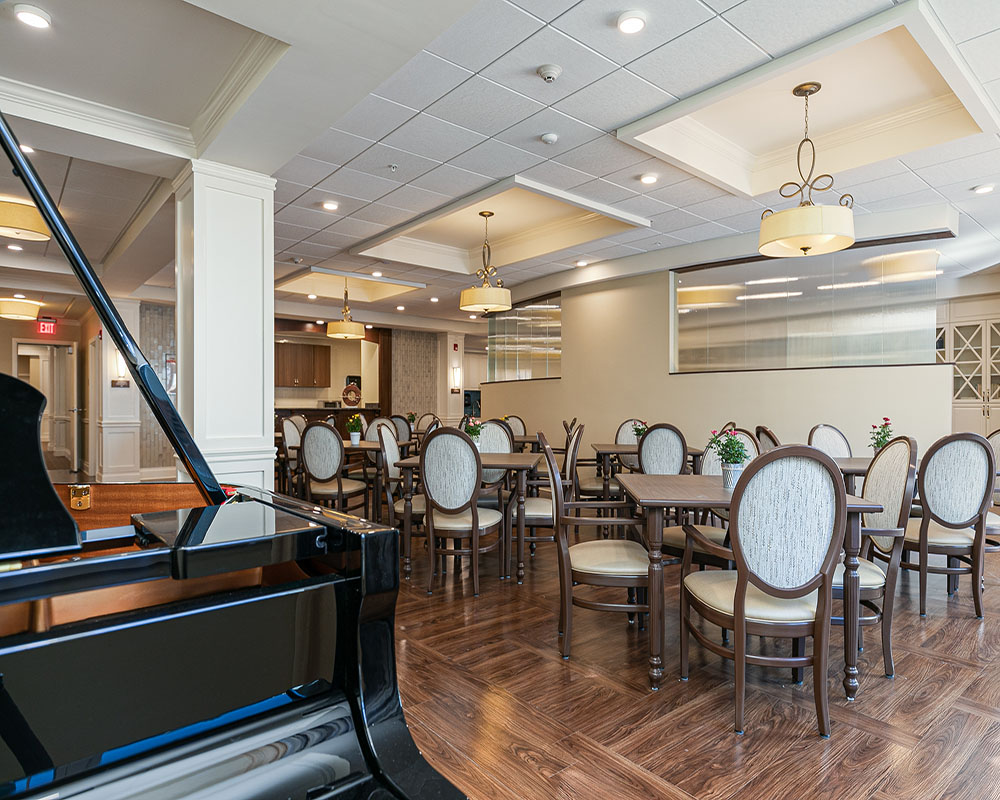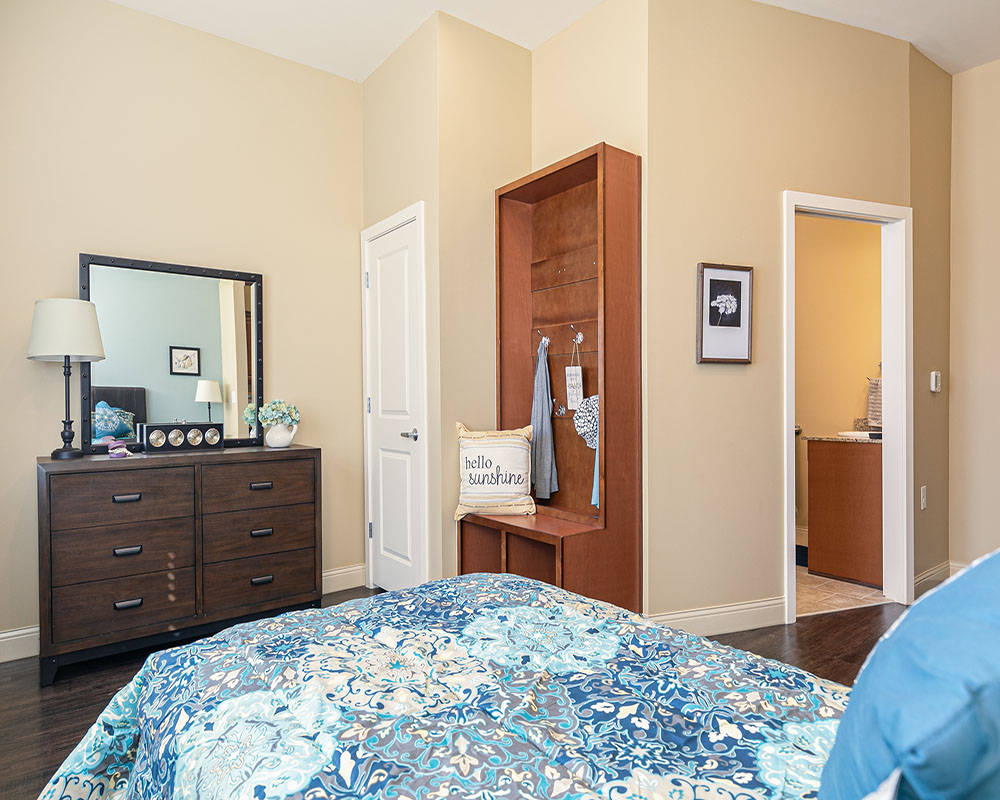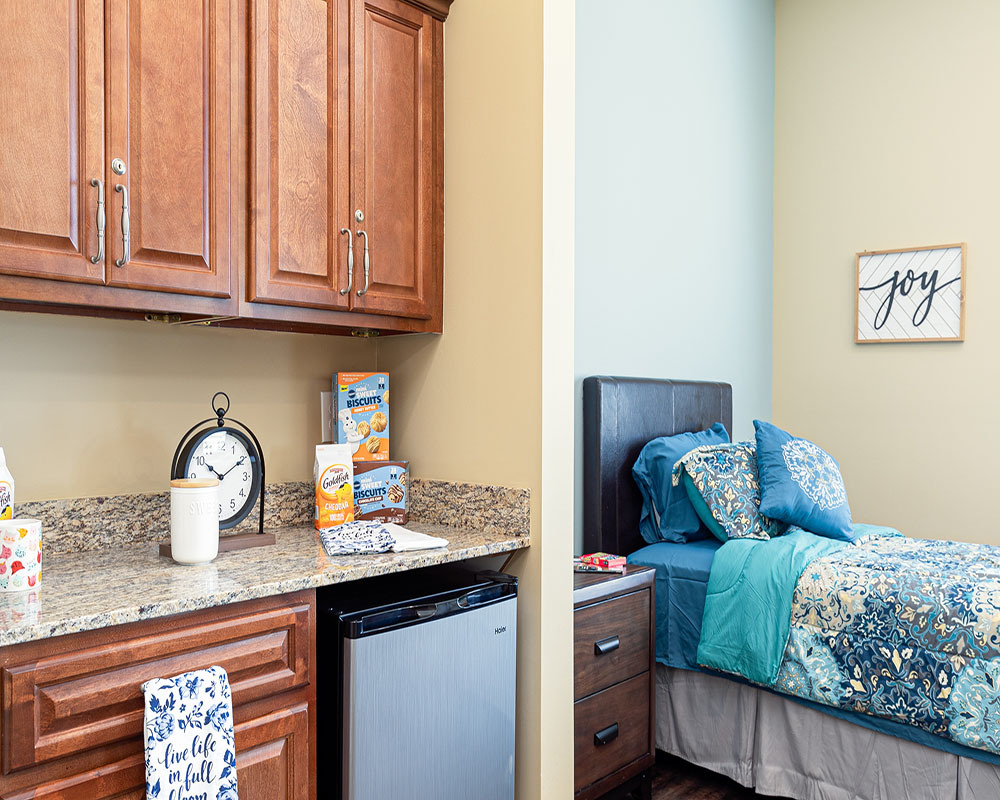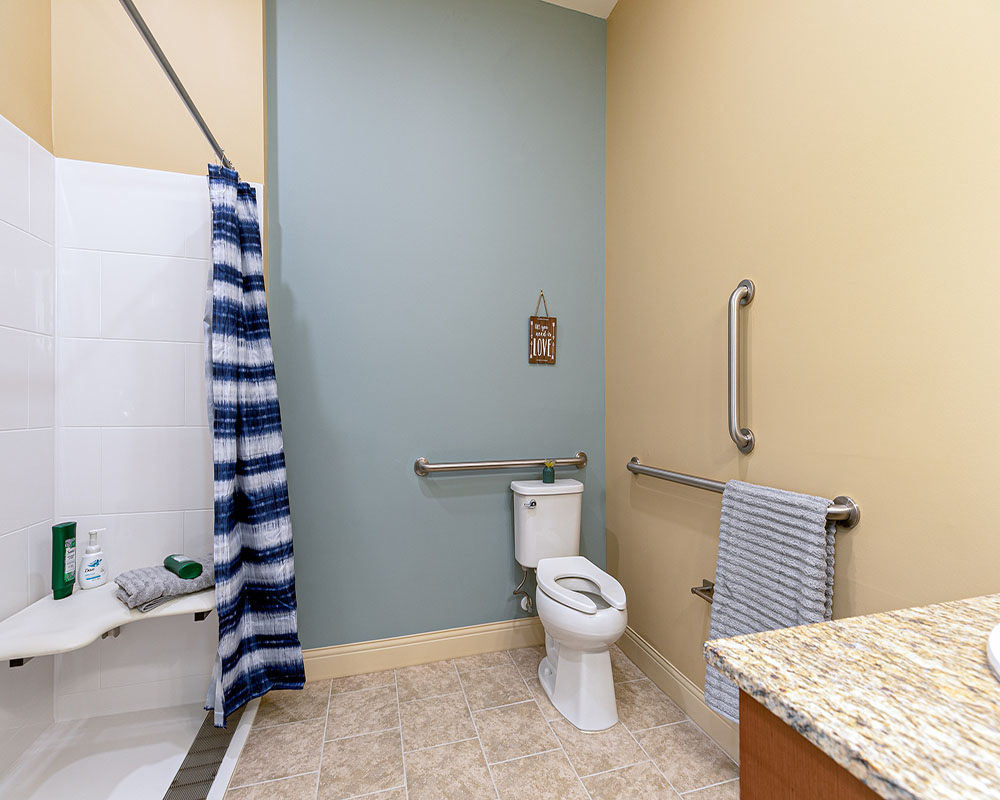As our loved ones age, their care needs often evolve, prompting families to consider various senior living options. Among the choices available, two commonly discussed options are memory care and assisted living.
While both options cater to older adults needing assistance with daily activities, they serve distinct purposes and cater to different needs.
Understanding these differences, including in environment, experiences, level of care, and independence, between memory care and assisted living is important for making informed decisions and deciding on the option that is best for the well-being of our senior family members.
Silver Comet Village offers a quick quiz to help determine which living option might be the best fit for your loved one. However, whether you choose memory care or assisted living, Silver Comet Village offers a variety of services and experiences, including ‘round-the-clock care to make sure your loved ones’ needs are always met, and their quality of life isn’t compromised.
memory care
Memory care is a specialized form of long-term care designed for individuals living with Alzheimer’s disease, dementia, or other memory-related issues. These conditions often require a higher level of supervision and support than what is typically provided in assisted living communities.
Memory care communities are specifically tailored to meet the unique needs of residents with cognitive impairments, offering a structured environment and specialized programming to support their cognitive function and overall well-being.
Benefits of Memory Care
Memory care excels in creating a personalized, secure environment that caters specifically to your loved one’s needs. This includes consistent supervision, which varies according to the community’s capabilities.
The benefits you can expect may vary from one community to another, but typically include:
- A community-oriented atmosphere that encourages social interaction and the formation of friendships
- Secure environments designed to prevent wandering, ensuring safety
- Teams with specialized training in memory care, offering expert support
- Engaging activities aimed at enhancing cognitive function
- Support in establishing and maintaining daily routines
- A reduced likelihood of hospitalization, promoting better overall health
key features of memory care communities
Specialized Staff
Memory care communities employ staff members trained in dementia care who understand the challenges associated with memory loss. They provide personalized care and support, including assistance with daily activities, medication management, and behavioral interventions.
Secure Environment
Memory care communities are designed with the safety of residents in mind. They feature secure entrances and exits, as well as enclosed outdoor spaces, to prevent residents from getting lost.
Memory-Supportive Activities
Distinctive Living offers our Moments Matter™ program which empowers each of our residents by creating a great balance of sticking to daily routines while also making room for those unexpected, joyful moments. We’re all about making every day meaningful and celebrating all of our achievements together, big or small.
Memory care communities offer structured activities and programs tailored to engage residents with cognitive impairments. Activities may include reminiscence therapy, music therapy, art therapy, and other experiences aimed at stimulating memory and promoting social interaction.
Adapted Living Spaces
Memory care communities are designed with layouts and features that are easy for residents to navigate, minimizing confusion and promoting independence. This may include visual cues, color-coded corridors, and memory-enhancing technologies.
assisted living
Assisted living, on the other hand, is a type of residential care that provides support with activities of daily living (ADLs) such as bathing, dressing, medication management, and meal preparation. It is ideal for older adults who require assistance with daily tasks but do not need the specialized care and supervision offered in memory care communities.
Benefits of Assisted Living
Assisted living offers a unique blend of support and independence, enriching the lives of residents through community, safety, and autonomy. Some benefits include:
- Enhanced social connections by prioritizing community and connection through an array of social activities and communal dining options
- 24/7 care assistance with daily routines and medication management
- Maintained Independence despite the comprehensive support available
- Housekeeping and maintenance services
- A wide range of social and recreational activities
key features of assisted living facilities include
Personalized Care Plans
Assisted living communities create individualized care plans based on each resident’s needs and preferences. Care plans are regularly reviewed and adjusted to ensure that residents receive the appropriate level of support.
Independence
Assisted living promotes independence and autonomy among residents, allowing them to maintain their privacy and make their own choices regarding daily activities and routines.
Socialization
Assisted living communities offer opportunities for socialization and engagement through group activities, outings, and events. Residents have the chance to build friendships and participate in recreational and cultural activities that enhance their quality of life.
Basic Healthcare Services
While assisted living communities do not provide medical care to the same extent as memory care, they often have staff members available to assist with medication management, coordinate medical appointments, and provide first aid as needed.

making informed choices for older adult care
While both memory care and assisted living offer support and assistance to older adults, they serve distinct populations with unique needs.
Memory care is designed for individuals living with memory-related conditions such as Alzheimer’s disease, offering specialized care and programming to support cognitive function. Assisted living, on the other hand, provides support with activities of daily living for older adults who require assistance but do not need the level of supervision provided in memory care communities.
Understanding these differences is essential for families navigating the complex landscape of older adult care options and making sure that their loved ones receive the appropriate level of support and assistance.
Silver Comet Village helps families determine which living option is the best one for each resident’s personal needs, then helps them find a place that feels like home. We encourage you to get in touch with us today to see for yourself!








